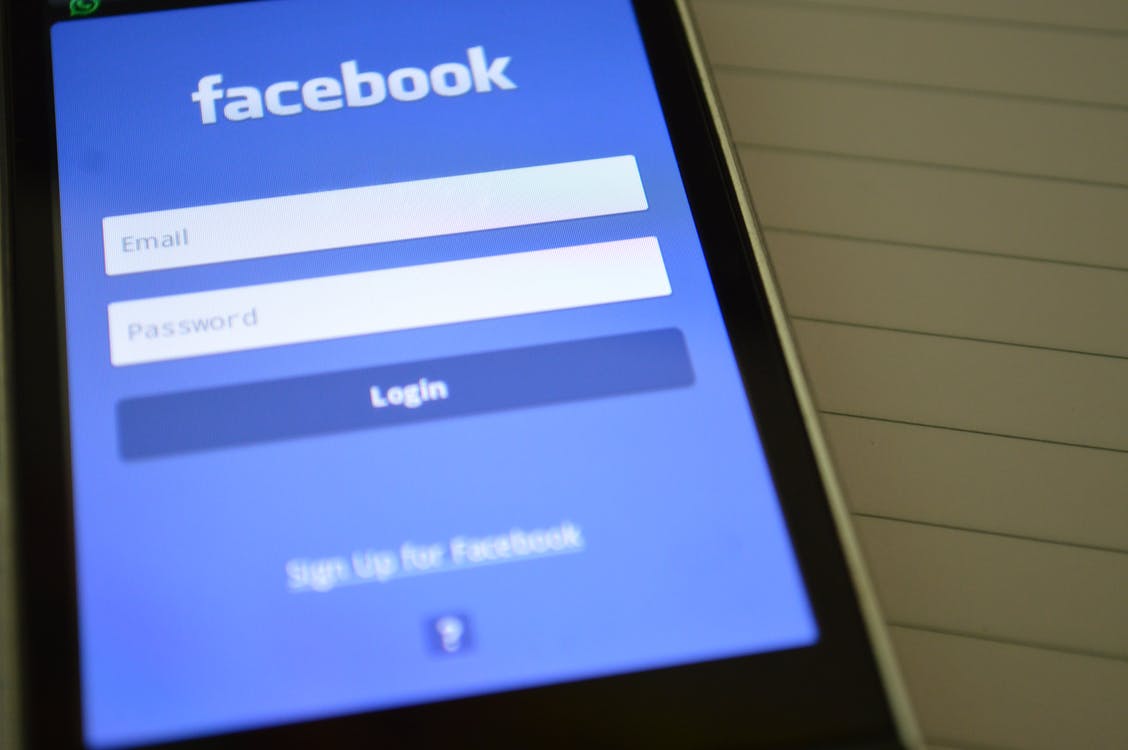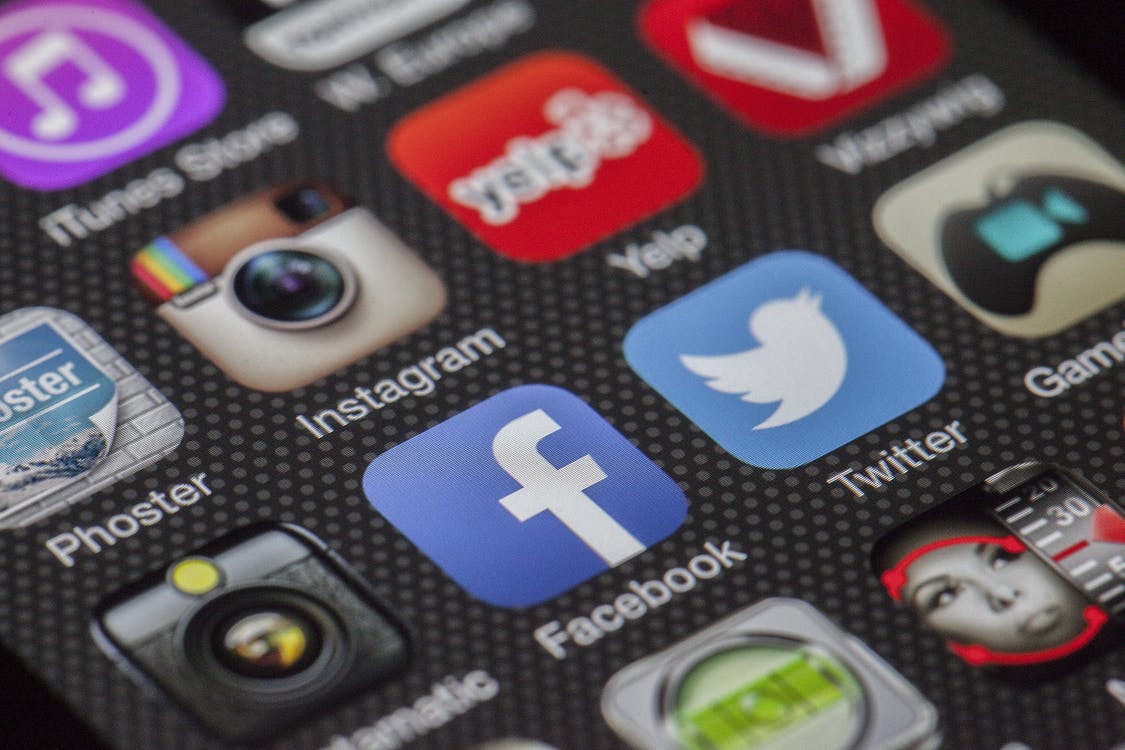We’ve spent a decade or more gobbling up everything the internet has to offer. We’ve got apps on our phone, we’ve got our noses in social media, we share pictures of our lives and discourse with strangers, and for a long time, no one really stopped to think about what we were doing.
Now, more and more people are thinking twice about what they’ve put out there, and some of them are wondering if there’s a way to take it back.
If you’re someone who is toying with the idea of erasing yourself from the digital universe, here’s how you can do it.
5. Remove yourself from data-broker services.

Image Credit: Pexels
You’ve probably heard by now that there are plenty of companies who collect and sell our personal information without telling us – or asking permission to begin with.
You’ll want to sign up with a brand management company (such as Delete Me) who charges you in exchange for guaranteeing your personal data is removed from these services.
4. Find everything you’ve logged into, and log out.

Image Credit: Pexels
There are a few steps you’ll need to complete, and Shayne Sherman, CEO of TechLoris, outlines them for you below:
- Search for your most commonly used usernames. You know you have one that you lean toward. Google it. You’d be surprised what may come up.
- Search your email for those “Welcome to [whatever site name here]” emails. They always want you to confirm your email address, so this will be a good way to flush them out.
- Check your saved log-ins. Chrome, Firefox, and Explorer all offer to save your log-in information. Just because you forget you’ve logged in to something doesn’t mean they have. You can check your settings to find these.
- Check your connected apps. It may seem like a great convenience when you see those little “Log in with Facebook” or “Use Your Google Account” buttons, but those make it really easy to put your information out there. Luckily, if you’ve connected something to these accounts, there is a list of connected apps within your profile at each of these sites that you can use to track down those apps.
There’s a 100% chance there will be accounts and links you had completely forgotten about – if you remember allowing them at all.
3. Delete your old email accounts.

Image Credit: Pexels
Jeff Romero, co-founder of Octiv Digital, says that even if you can’t remember your old username or password, there are ways around it – so don’t give up.
“Deleting old email accounts requires an accurate username and password to first get into the account. However, not everyone remembers their email password to an account they used ten years ago. For this reason, you have to reach out to the email service provider to request credentials to the account. Some email service providers like MSN or Yahoo will automatically delete email accounts if they are not used over a set amount of time. Otherwise, you’ll have to manually get into the account to delete it permanently.”
Also, even if you’re not planning to delete yourself from the internet, deleting old email accounts is a good idea, according to Jo O’Reilly of ProPrivacy.com.
“Email accounts are a treasure trove for sensitive personal data, and they may provide the ability for hackers to reset passwords on third-party services that users have completely forgotten about. This could grant them access to those services and give them the ability to access further information, which could later be used to launch phishing campaigns to extract further information from those victims.”
2. Use privacy-protected platforms.

Image Credit: Pexels
If you delete your old accounts and want to be able to stay online while also staying incognito, Alexander Kehoe, co-founder of Caveni SEO Solutions, says he would “recommend using a platform like the Brave Browser for general Web surfing and use search engines like Duck Duck Go whenever possible.”
The platform are built on protecting privacy.
1. Jettison your apps.

Image Credit: Pexels
Apps are great if you’re using them and not concerned about privacy online, but they also allow those companies access into our personal data – and allow them to sell it, too.
It’s safer to use websites directly and eschew apps if your goal is to keep a low profile online.
Now you just have to decide if you want to pull the trigger, friends. There are downsides, like never being able to recover information that’s been deleted, or the fact that employers and college recruiters both look into your social media history as part of routine background checks – and having no history is as suspicious as having a bad one.
I think that, for most people, that last step is going to be a big one to take.






